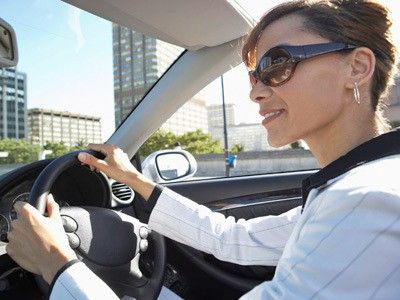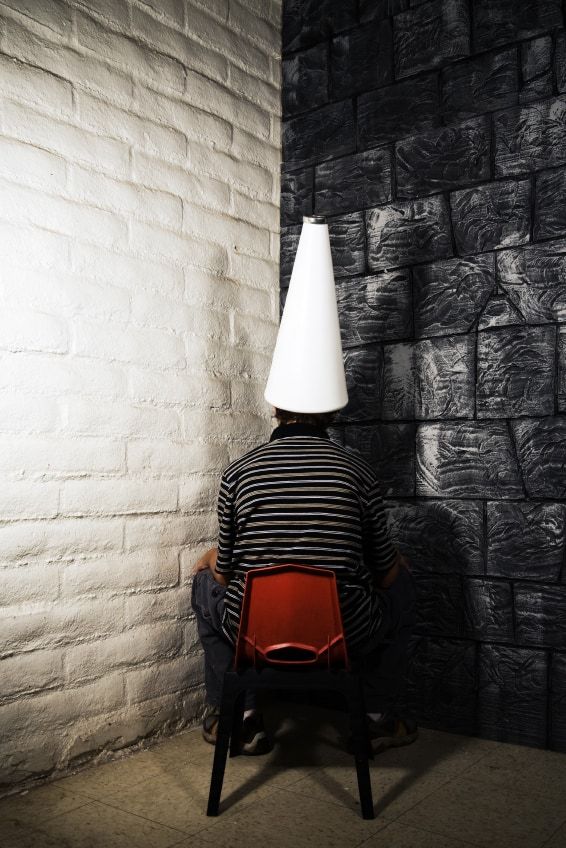 Before you even have to face the possibility of an ignition interlock requirement, you have plenty of choices that can keep you from ever stepping a foot into a DUI court. If you are driving, you could decide not to drink any alcohol while out with friends. You could stay home and drink. You could arrange for a taxi, or plan which of your friends will be your designated driver for the night. All of those choices can change the way your night ends, but, what if it is your designated driver that caused you to choose to drink and drive?
Before you even have to face the possibility of an ignition interlock requirement, you have plenty of choices that can keep you from ever stepping a foot into a DUI court. If you are driving, you could decide not to drink any alcohol while out with friends. You could stay home and drink. You could arrange for a taxi, or plan which of your friends will be your designated driver for the night. All of those choices can change the way your night ends, but, what if it is your designated driver that caused you to choose to drink and drive?
It is unfortunate that when there is alcohol involved, people can change. As a designated driver, a friend should remain sober, but many times, that isn’t the case. Perhaps you’ve seen your designated driver start drinking, even if you trusted them to be the sober driver in the crowd. Now that you know they have been drinking, your choices aren’t as clear, especially since you’ve been drinking as well. If you choose to drive yourself home, you are essentially choosing an ignition interlock device as your new designated driver, only it will be ensuring that you are sober, no matter where you are driving.
If your designated driver is unable to drive you home, your choice is actually much clearer than you may think. You can always call a taxi or a different friend to keep you from driving under the influence of alcohol, riding with someone who has been drinking, or facing any of the consequences of drunk driving. “Safe Ride,” “Tipsy Tow,” and services like Uber are also great options when you cannot trust your designated driver. Trusting an ignition interlock device is great once you’ve already been involved in a DUI, but, before you get to that point, you can make the right choice and trust in your own ability to find a sober ride home.

 Oklahoma’s Ignition Interlock Certification Program
Oklahoma’s Ignition Interlock Certification Program 